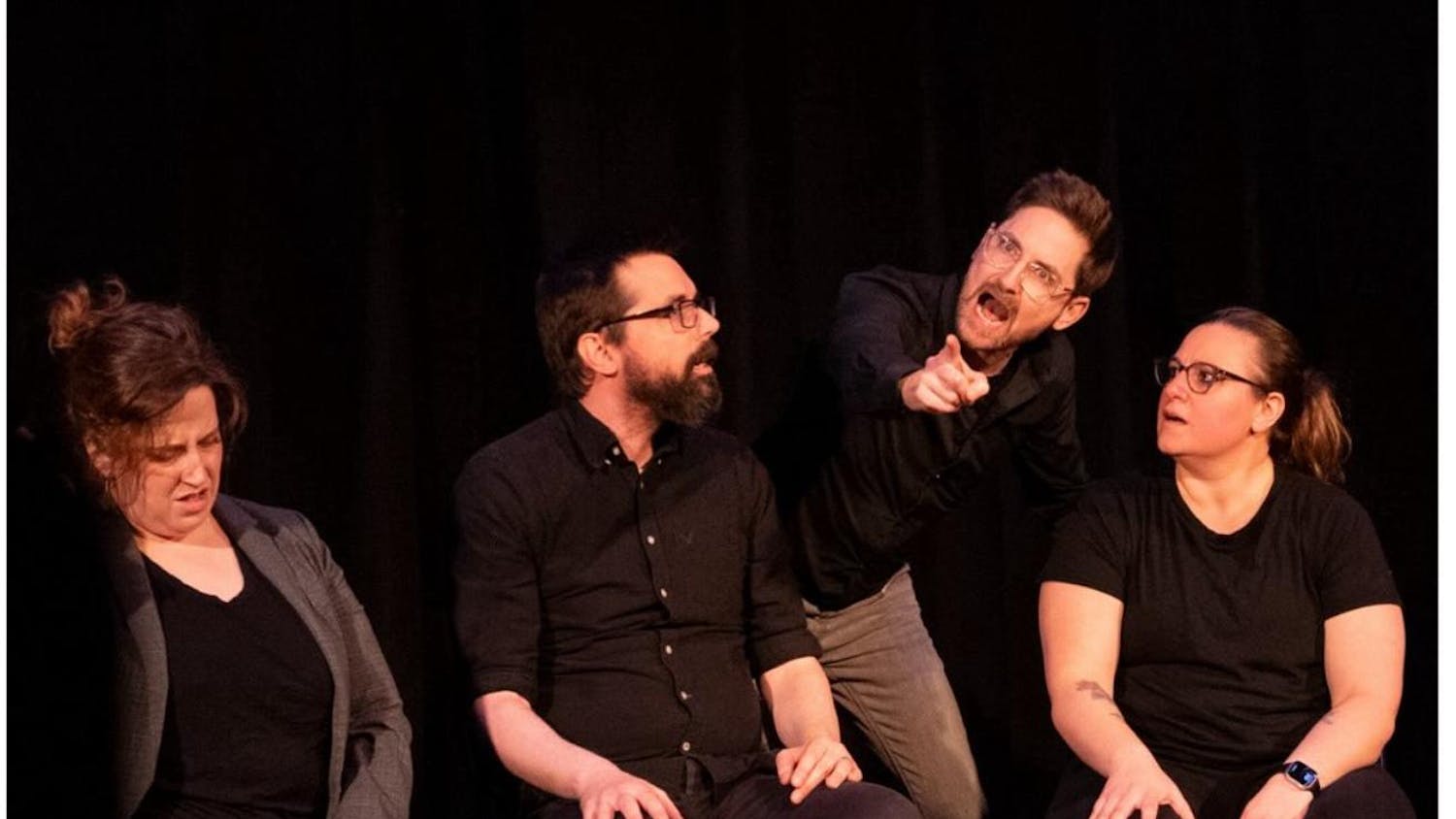In an age of pop music and streaming, the traditional narrative has been that classical music is now a relic of the past, appreciated by few and adored by a graying audience. However, the Boston Symphony Orchestra’s “College Card” has spun this narrative on its head and has succeeded in drawing in students to Boston’s legendary Symphony Hall to watch the world-class performances that grace its stage.
Established in 2004, the College Card allows students to pay a one-time fee of $30 in order to access an unlimited number of performances by the Boston Symphony Orchestra. BSO regularly features some of the most prominent classical musicians in the world, such as violinist Hilary Hahn, pianist Yuja Wang and conductor Joanna Mallwitz.
According to Matthew Erikson, senior publicist for the BSO, the College Card was a proactive initiative intended to attract a younger generation of classical music lovers.
“Boston is, of course, such an amazing hub for higher education, I think there has always been that knowledge and [we] try to harness that,” Erikson said. “It’s also our responsibility to make sure that there is that next generation that loves classical music as much as their parents or their grandparents may have.”
The College Card has been met with incredible success and popularity since its inception. Last year, for the 53 concerts that distributed College Card tickets, the program drew in 7,125 students from 147 schools, with Berklee College of Music, the Boston Conservatory, Boston University, Massachusetts Institute of Technology, New England Conservatory, Northeastern University and Tufts purchasing the College Cart in bulk. BSO hopes to continue this momentum.
“It’s exciting to think that almost a generation of college students have been able to partake in this opportunity, this exceptional opportunity to attend Boston Symphony concerts within a student’s budget,” Erikson said. “We all know what it’s like — the musicians, the orchestra staff — to be a college student. It’s not a time of abundant means, and if we can assist them in satisfying their curiosity with classical music, then we consider that to be such a service to the community.”
Another initiative that BSO has launched is Casual Fridays, a day for audience members to partake in interactive BSO concerts at reduced ticket prices in a more condensed time frame of 70 to 80 minutes as opposed to the standard 120-minute program. Casual Fridays are also an opportunity for those interested in, but not quite familiar with, classical music, to experience it in a more casual environment.
The ultimate objective of the BSO and its College Card initiative is to nurture the next generation of patrons and supporters of the arts, and to ensure that the dialogue of classical music maintains its longevity and vitality.
“There’s a line from ‘Tosca’, the opera, [where] Floria sings, ‘Vissi d’arte’ — I lived for art,” Erikson said. “I think there are so many of us who work for the orchestra who feel like that’s our kind of our credo, that we live for this art form [and] we live to make sure that this art form has a very healthy life.”






